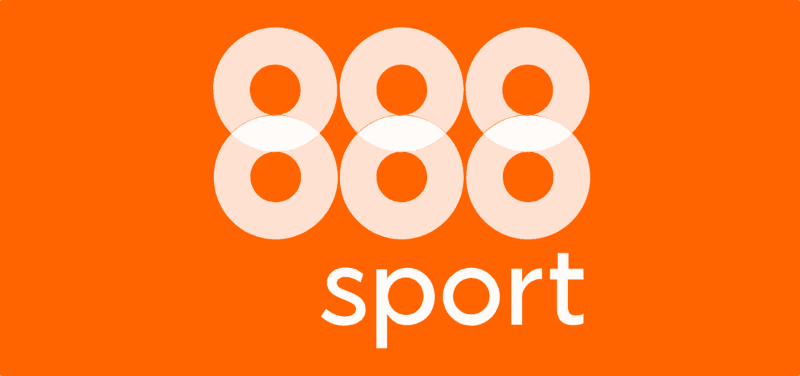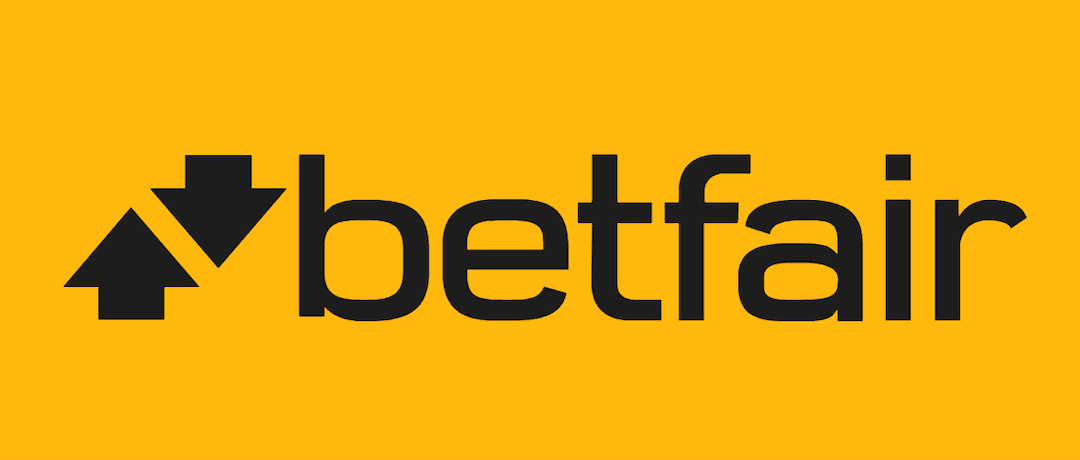Japan vs North Korea
Saitama Stadium 2002, Saitama
2 September 2011
Kick-off 19:20 local (11:20 BST)
Having seen off South Korea with an impressive 3-0 win, the next challenge for Unofficial Football World Champions Japan comes from the northern half of the Korean Peninsula.
North Korea, often referred to in soccer competition as Korea DPR, are pretty much an unknown quantity to even the most dedicated follower of world football, with little that goes on within the highly secretive country made known to outsiders. So what do we know about the UFWC challengers?
First let's clear up any confusion regarding the name. We're using North Korea, the most commonly used Western name for the country. Its full name is the Democratic People's Republic of Korea, and the country is usually referred to as Korea DPR by FIFA. If you want to be pedantic, the country's official name is Choson-minjujuui-inmin-konghwaguk, but we'll stick with North Korea.
The country has only ever played in two UFWC matches, and never held the title. The first match took place at the 1966 World Cup - North Korea's most fondly-remembered football tournament, at which they famously beat Italy 1-0. However, the UFWC match, against the Soviet Union in Middlesbrough, ended in a 3-0 defeat. North Korea's next UFWC appearance was 28 years later, in 1994, when they drew 2-2 with then-champions Colombia in a friendly match in Monterrey.
More recently, North Korea qualified for the 2010 World Cup in South Africa, only to lose all three group matches. The team did play reasonably well in a 2-1 defeat to Brazil, but were less impressive in a 7-0 defeat to Portugal. At the 2011 Asian Cup in January, North Korea drew 0-0 with the United Arab Emirates, and lost 1-0 to both Iran and Iraq. Since then, the team has beaten Sri Lanka, Nepal and Afghanistan, but lost 2-0 to the more challenging opposition of China. The country's last result was a 0-0 draw with Kuwait on 10 August.
The vast majority of North Korea's squad members play in the country's domestic league, a competition that appears to be as confusing and insular as the country itself. The DPR Korea League contains ten teams, and is contested over three rounds, with the clubs divided into three classes. The 2010 "Highest Class Football League" was won by the Korean People's Army team April 25 (also known as 4.25 Sports Team), which supplied five players to the last national squad.
The unorthodox nature of the domestic competition, coupled with the Korea Football Association's reluctance to comply with FIFA's transfer policies, means that North Korean club teams are ineligible to play in continental club competitions, such as the AFC President's Cup, and therefore rarely face opposition from outside the country.
A handful of North Korean internationals do play for foreign clubs. Midfielders Ryang Yong-Gi and An Yong-Hak should be known to Japan fans, as they play for J. League Division 1 sides Vegalta Sendai and Kashiwa Reysol respectively. Defender Cha Jong-Hyok and 18-year-old striker Pak Kwang-Ryong play in Switzerland, for FC Wil and FC Basel. Team captain and striker Hong Yong-Jo played for three seasons at FC Rostov in Russia, before returning to North Korea last season with April 25.
Perhaps the most interesting member of the North Korean squad is striker Jong Tae-se, nicknamed "the People's Rooney", and known as Chong Tese in Japan and his current home of Germany. Jong was born in Japan to South Korean parents, and studied - and played football - at a Toyko's Korea University, an institution funded by Chongryon, a group that represents North Koreans in Japan. He subsequently decided to apply for North Korean citizenship, and was awarded a North Korean passport. However, as South Korea does not officially recognise North Korea as a country, Jong was unable to complete the citizenship process, and curiously remains a South Korean citizen with a North Korean passport.
Jong, or Chong Tese, played for four seasons in Japan at Kawasaki Frontale, where he scored 47 goals in 115 appearances. He scored four goals on his international debut, appeared at the 2010 World Cup, and subsequently won a move to VfL Bochum in Germany. Jong scored 10 in 25 in Bundesliga second division last season. Internationally, he's scored 15 goals in 28 appearances for North Korea.
Now 27, Jong certainly looks to be North Korea's danger man, and should be worth keeping an eye on during the national anthems - he's apparently prone to bursting into tears during "The Patriotic Song".
Head to head, Japan and Korea have played 15 times. Japan have won 6, North Korea have won 5 and there have been 4 draws. The last match between the two nations, in Chongqing in February 2008, ended as a 1-1 draw.
In addition to being a UFWC title match, Japan vs North Korea is also the first 2014 World Cup Asian Qualifiers for both sides. Both received a bye to this third round group stage. They're in Group C alongside Uzbekistan and Syria. The top two teams in the group will progress to the next qualification round, one step closer to Brazil 2014. But right now the UFWC title is up for grabs. Can Japan continue their reign as title holders, or will North Korea become one of history's least likely Unofficial Football World Champions?
You can follow Paul Brown on Twitter:
@paulbrownUK






